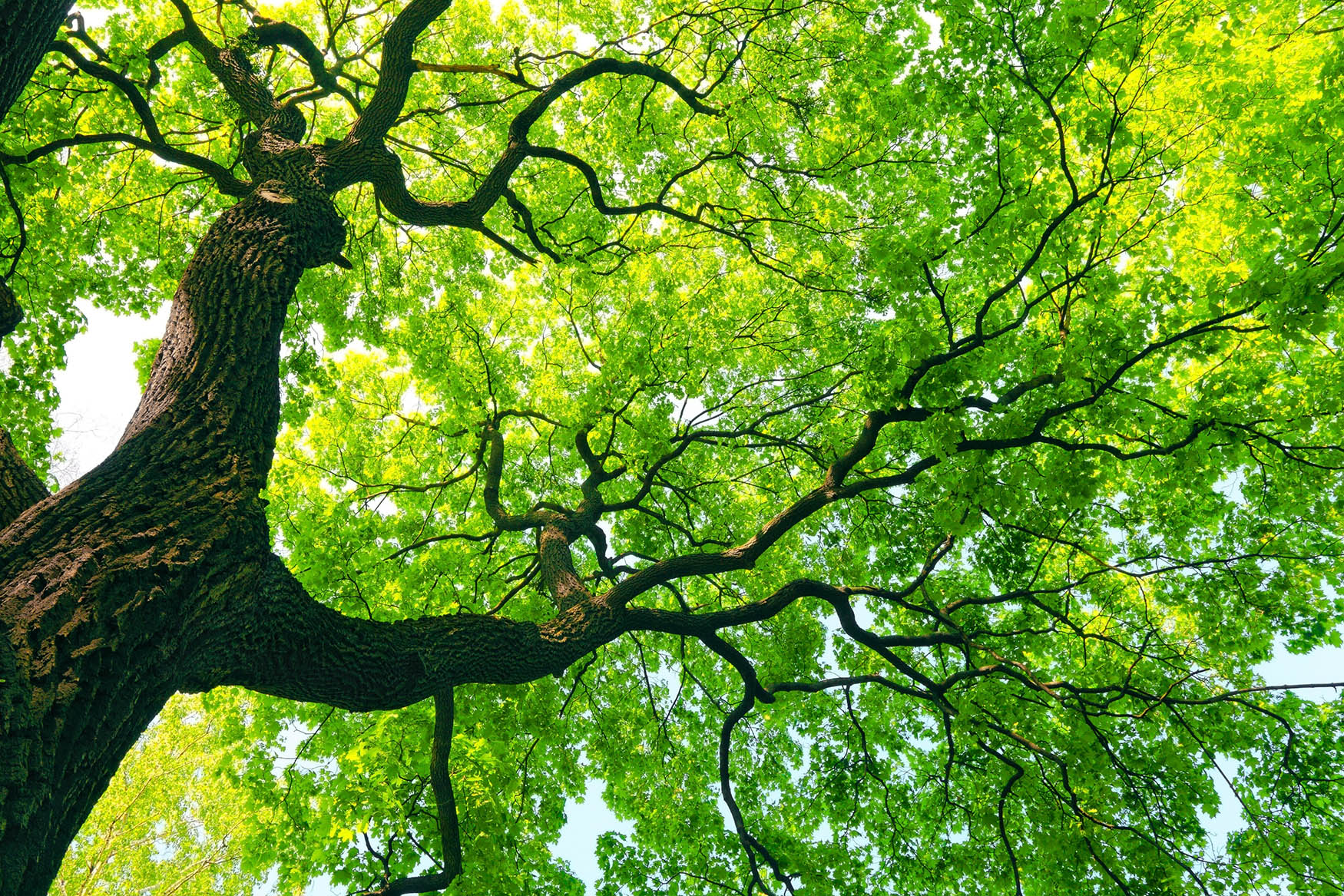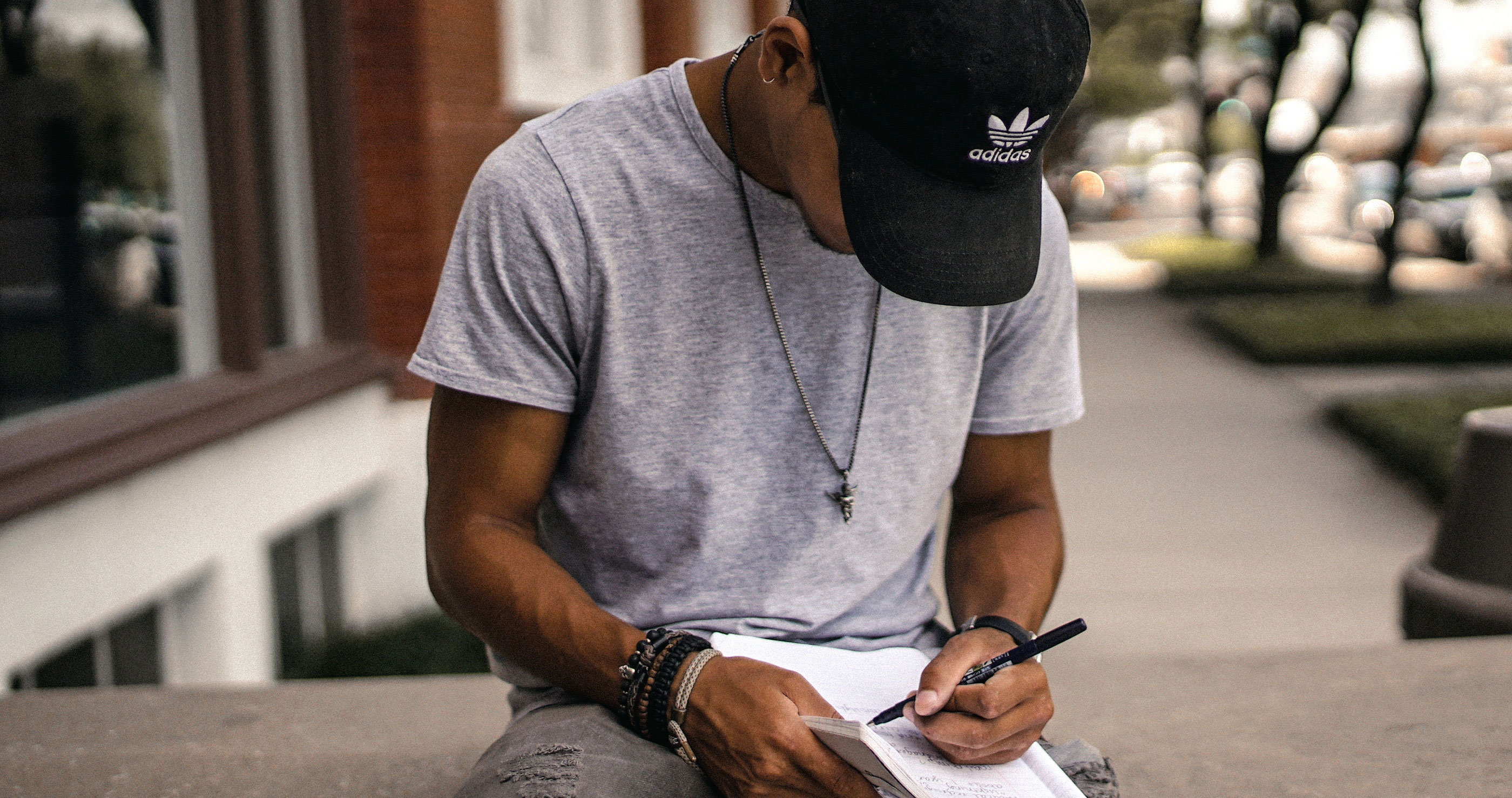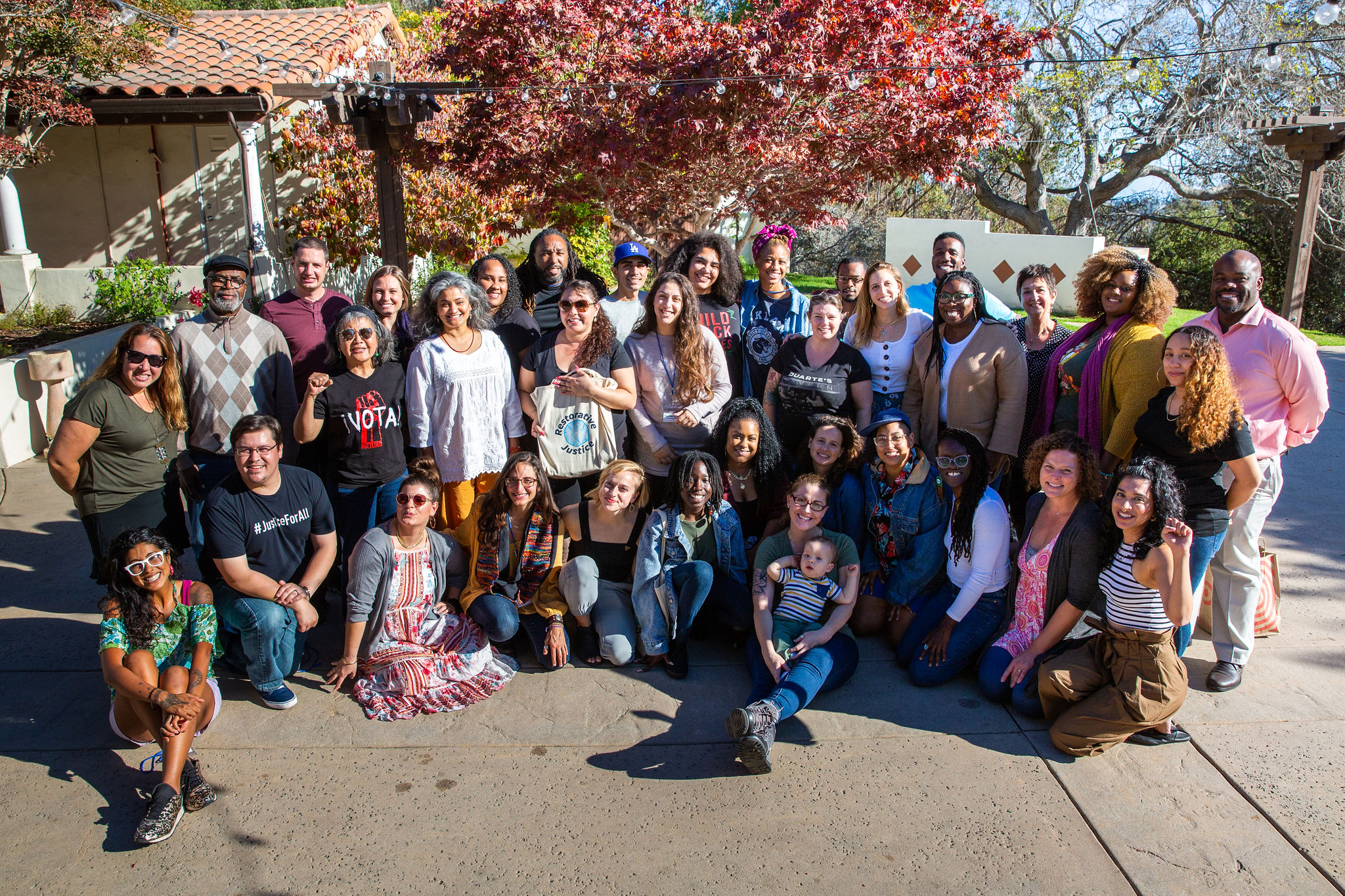This toolkit is the product of a deeply iterative labor of love and thought by the following writers and editors: Georgia Valentine, Rima Chaudry, Ashlee George, Jenny Poretz, Karen Schousboe, Miguel Garcia, Sandra Rodriguez, sujatha baliga, Dave Belden, Hanna Miller, Joseph Broadus, Kyung Jin Lee, and nuri nusrat. The continued evolution of this toolkit is due to the contributions from the current and past members of the Restorative Justice Project Team. We’re grateful to our restorative justice community and the teams at Impact Justice and Equal Justice USA who supported this project in various ways throughout this journey.
Thank you to our incredible and dynamic development team, put together by Wethos:
– Wethos: Kristen Ablamsky, Robbi Kearns, Rosie Powers, Janel Kinlaw, and Akua Sencherey
– Specialists: Shawn Hayward (Development), Mary Kate Henry (Design), Harvey Kreiswirth (UX), and Bo Schlagel (User Experience)
As of 2024, our toolkit was revamped by the incredible team at Floodlight Design.
Special thanks to our community-based partner organizations, whose experiences with implementing RJD serve as the bedrock of this toolkit: California Conference for Equality & Justice, Center for Restorative Approaches, Collective Justice Community Works, Huckleberry Youth Programs, Raphah Institute, Restorative Arlington, Restorative Roots Project, RYSE Center, and Youth Art & Self-Empowerment Project. We deeply appreciate the wisdom of these folks leading RJD in their communities and their willingness to collaborate with us in refining this approach together.
The approach to restorative justice diversion offered in this toolkit was initially developed through the generosity of time and spirit of countless practitioners, system partners, and teachers including Susan Marcus, Harmon Wray, Chief Justice Emeritus Robert Yazzie, Cheryl Graves, Ora Schub, Howard Zehr, Nadia Glavish, Kay Pranis, Kelly Branham, Renjitham Rita Alfred, Fania Davis, Jon Kidde, Denise Curtis, Millie Burns, Nancy Nadel, Lauren Abramson, Judge Gail Bereola, Matt Golde, David Anderson Hooker, Allan MacRae, Tenzin Geyche Tethong, Judge Andrew Becroft, Judge Heemi Maana Taumaunu, Mike Hinton, and Lorraine Stutzman Amstutz. Through Soros Justice Fellowship which began in 2008, sujatha baliga synthesized their wisdom and advice to launch the first iteration of our pre-charge RCC model; the continued advice over the years from our many thought partners has helped refine our team’s approach to restorative justice diversion. We hope they will be pleased with how RJD has evolved into its present form.
It must also be named that we’ve drawn all the wisdom in this toolkit from innumerable sources, including but not limited to: Māori-inspired Family Group Conferencing, Navajo Peacemaking, Mennonite framing of “covenant justice,” the Nguni Bantu meaning of Ubuntu, Tibetan Buddhist notions of interdependence, the fields of quantum mechanics and trauma healing, and from the wisdom of the criminal justice reform and abolitionist communities, anti-racism work, liberatory pedagogies, from community organizers, from freedom movements around the world, and most of all from the people who have shared their restorative justice journeys with us — young people who’ve caused harm, survivors, and their families, caregivers, loved ones, and communities.
Our work to gather, refine, and share the information in this toolkit required generous support from our philanthropic partners. Warm thanks to Open Philanthropy, Just Impact, Google.org, Mountain Philanthropies, Open Society Foundations, Heising-Simons Foundation, Porticus, The Zellerbach Family Foundation, Threshold Foundation, The California Endowment, Akonadi Foundation, Ford Foundation, Bia-Echo Foundation, Galaxy Gives, Microsoft Justice Reform Initiative, Crankstart, and The Just Trust, for believing in our restorative justice diversion work over the years.
About page photo from Adobe Stock Photos.

Stories page photo by Brad Neathery from Unsplash.

Other photos by JJ Harris of Tech Boogie Media.


